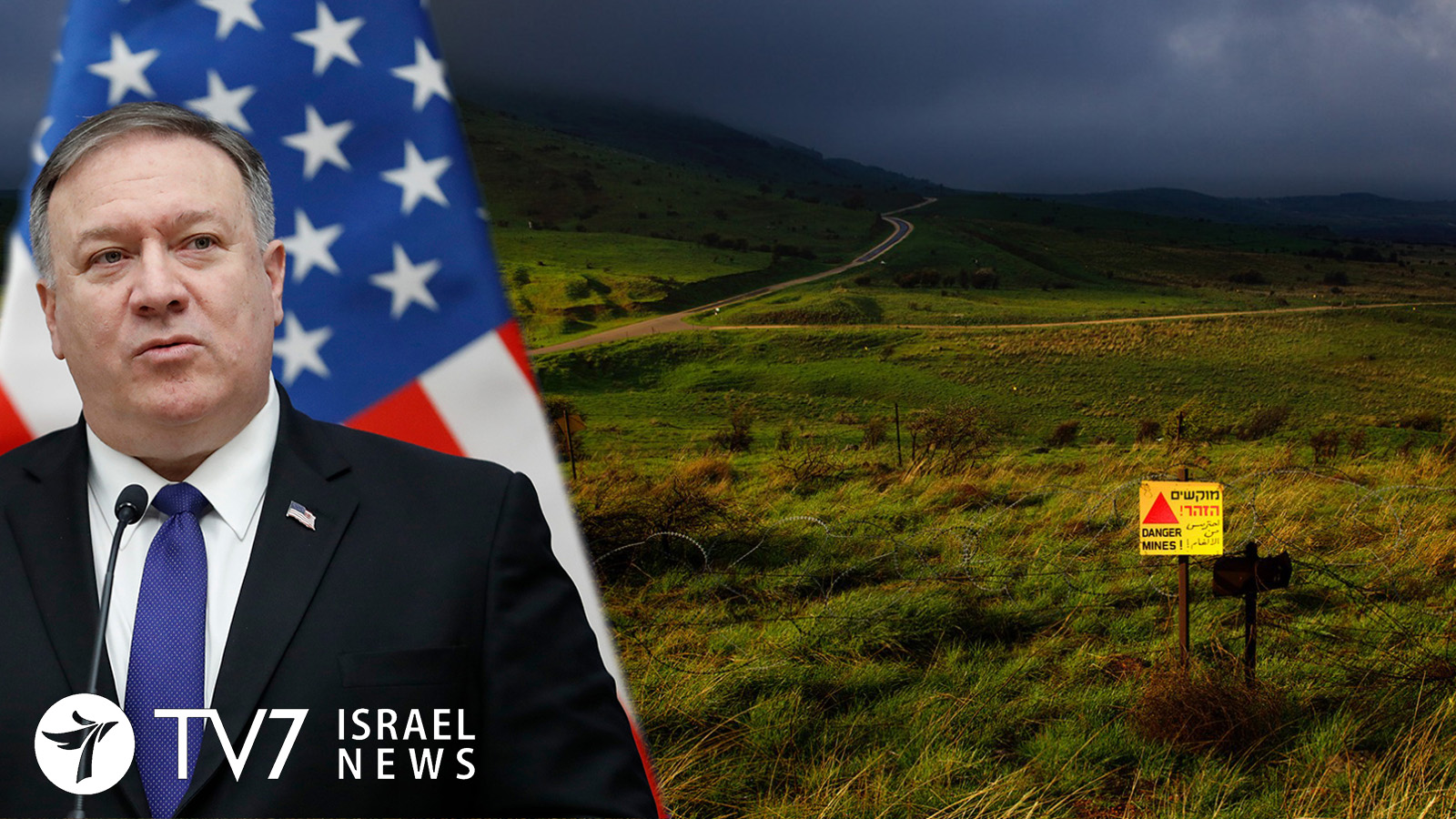The U.S. State Department has changed its description of the Golan Heights, West Bank and Gaza Strip from territories under “Israeli-occupied” to areas under “Israeli-controlled” – for the first time in history. This change in terminology was made in an annual global human rights report released by Secretary of State Mike Pompeo.
In a U.S. State Department press Briefing, the head of the department’s bureau on Human Rights & Democracy was asked the following question by a reporter: “Last year in this report there was a bit of a kerfuffle over whether or not the Palestinian territories or West Bank would be called Occupied Golan, and the Golan was in last year’s report referred to as Israeli occupied Golan Heights. But this year it says Israeli controlled Golan Heights. Does that signal any kind of a change in the Administration’s position as it relates to the Golan?” Michael Kozak responded by saying: “The descriptor of what kind of territory and Israel, as we tried to shift last year, and this by the way is not a human rights issue, it’s a, it’s a legal status issue and so the decisions on that get made by the regional bureau, by the legal advisers office, and we will follow their lead.” / “But, my understanding from, from the policy bureaus on this, is that there’s no change in our outlook, or our policy vis a vis the territories and the need for a negotiated settlement there.”
This report comes only two days after U.S. Senator Lindsey Graham, who is currently visiting Israel, vowed to push for Washington’s recognition of Israeli sovereignty over the Golan Heights. According to the Republican South Carolina lawmaker, the Golan Heights represent a vital pillar of defense of the state of Israel.
Furthermore, Senator Graham – who is a vocal supporter of the U.S.-Israel alliance – explained his decision to pursue recognition of Israel’s sovereignty over the disputed area by making a direct linkage between the security of the Jewish state to the national security of the American homeland.
